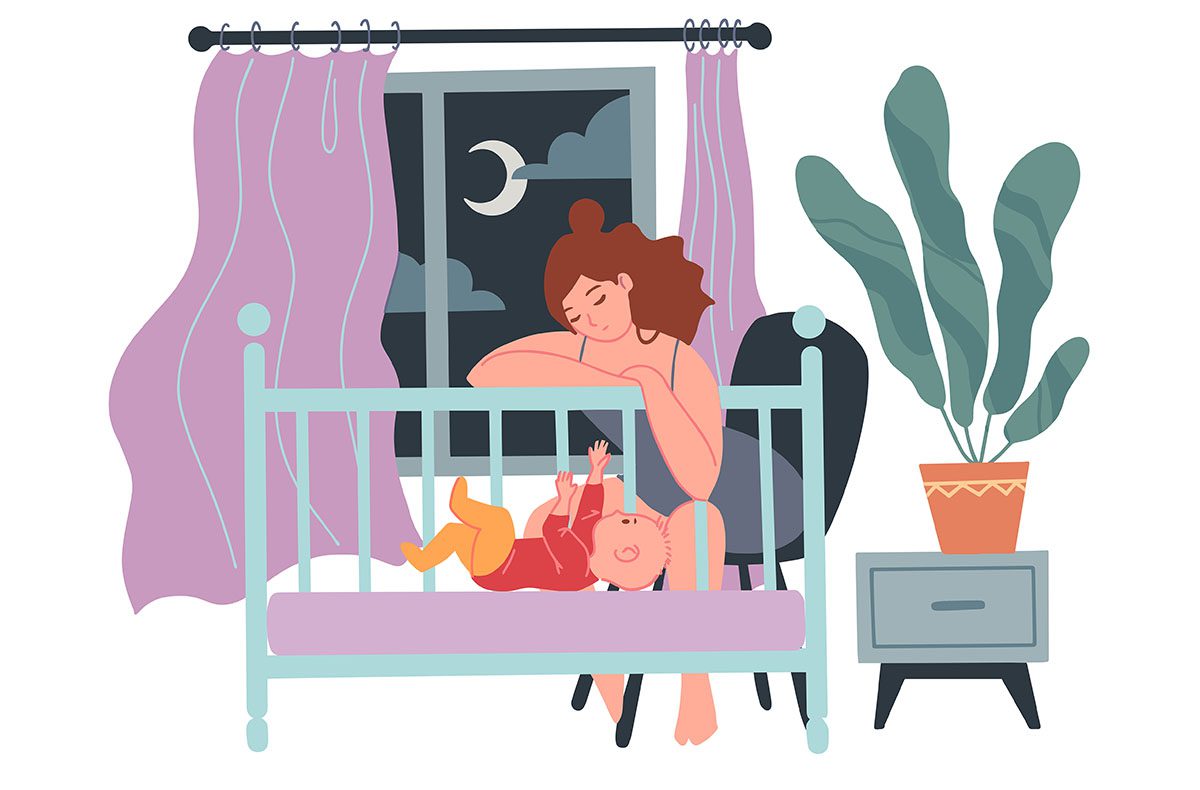
Serena Williams, Rihanna and Lindsay Lohan have all made the news recently because of their pregnancies. Why aren’t the masses as invested in the postpartum care that celebrities and other expecting parents receive once they give birth? Postpartum care in the U.S. needs a massive overhaul and it needs it now.
I write from experience. I was nearly halfway through my pregnancy in May 2006 when I learned that my baby would be born with a heart defect. My hope for a textbook pregnancy, where my water suddenly breaking would announce his impending arrival, dissipated. My labor was induced at 38 weeks and the memory of the immense pain I felt during the preparation is permanently preserved in my memory.
After my son’s birth, he was quickly taken into the neonatal intensive care unit, where he stayed for the first ten days of his life. This outlasted my own stay. Two days later, I was wheeled out of the hospital without my baby in my arms. It was a hollowness I cannot describe. The entire situation was surreal, stressful and, above all, frightening.
Once our boy was home, we knew more hospitalizations and surgery were imminent. It was up to us to detect critical changes in his breathing, formula intake, and hydration. I felt helpless because I couldn’t make him better.
My body had failed him terribly when it was forming and growing his body throughout those nine months. I felt useless because his condition made it impossible for me to breastfeed.
After almost three months of pumping breast milk, my production couldn’t keep up. Once again, I felt like I had failed. My family was hundreds of miles away and my existence was dark, lonely and isolated. I shared with my partner that I thought I was suffering from postpartum depression. He dismissed my concerns as though the notion was inconceivable. I am not sure he even stopped to think about what I was actually saying. I never mentioned it again.
Postpartum depression is a condition that can occur after someone has had a baby and it affects up to 15% of people. That’s nearly one in seven new parents. That means we all know someone who has or is suffering from postpartum depression.
Symptoms may appear within a week of delivery or even up to a year later and can range from mild to severe. They include feeling sad or worthless, appetite changes, sleeping issues, thoughts of suicide and even thoughts of hurting your baby.
Such symptoms are serious enough to warrant sweeping improvements in the subpar standard of care offered to new mothers—for their sake and that of their children.
According to the U.S. Department of Health and Human Services, babies need to see a doctor or nurse six times before their first birthday. The recommendation for the first year after giving birth? “Make sure to keep up with postpartum visits to your doctor or midwife.” The burden is on the new mother to schedule her own appointments as needed.
Our medical providers should be a safety net for newborns and mothers. It’s no secret that motherhood leads most women to put their own needs and health issues at the bottom of their priority list. While newborns are scheduled for a multitude of follow-up appointments upon discharge from the hospital, who is looking out for the mom’s well-being once she leaves with her new little bundle?
Even with a partner at home, there’s a real possibility that a struggling mother’s voice will be ignored. I know because it happened to me.
The American College of Obstetricians and Gynecologists advises that new mothers connect with their OB-GYNs several times during the 12 weeks after birth. How often is that minimal amount of recommended care taking place? Instead of these visits being treated as optional, women should be entitled to established appointments throughout the first 12 months, not just the first 12 weeks after having a baby.
Four of my friends have had children recently. Three of them had only one postpartum visit. One of them had two visits due to her C-section recovery. This poor approach to postpartum care has inspired one of these women to emphasize the importance of prioritizing mental and physical health in conversations every time she speaks to an expecting mother.
We must continue to look out for one another because right now the healthcare system is letting us down. It’s been 17 years since I gave birth to my son and not much has changed.
Not everyone giving birth will experience postpartum depression, and those who do may not endure the darkest symptoms. The fact remains, though, that mothers deserve the benefit of a series of doctor visits to evaluate their emotional and physical health during those critical first 12 months. Women should no longer be quiet sufferers when it comes to the symptoms of postpartum depression.
